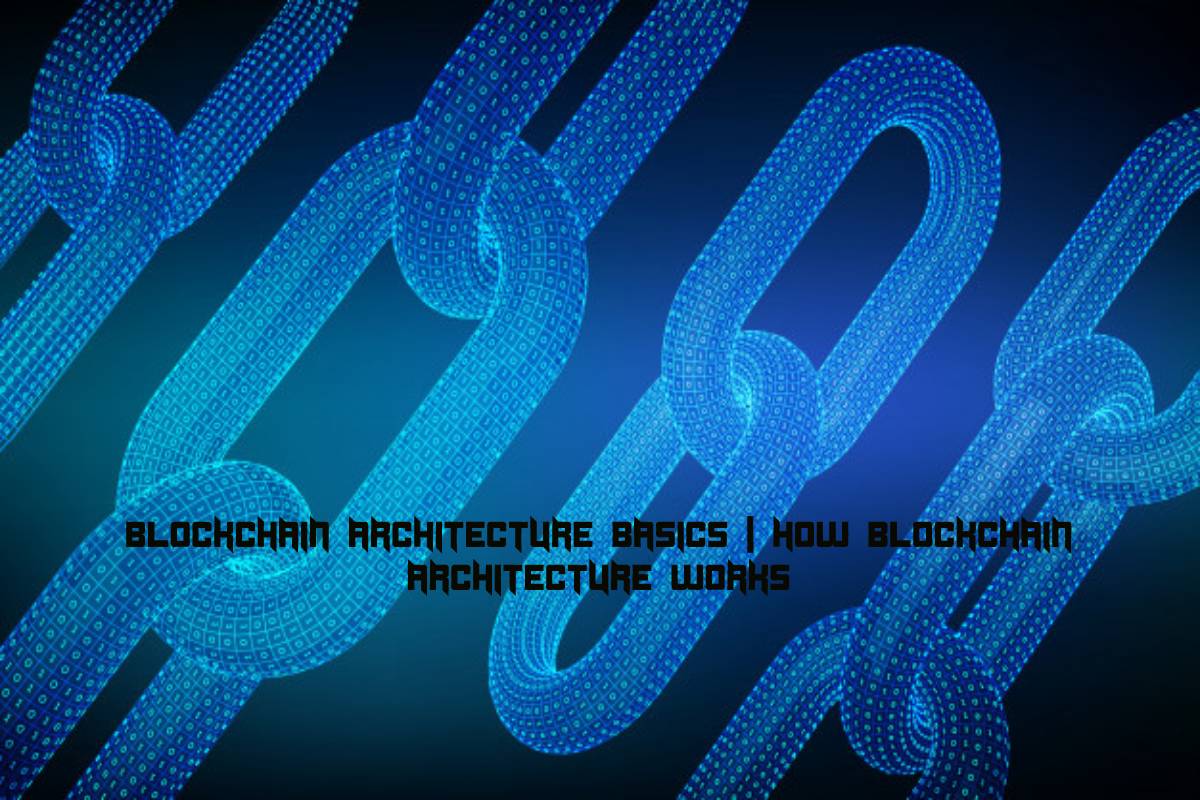Blockchain Architecture
The term blockchain first described back in 1991. Many researchers wanted to create a tool to timestamp digital documents not to be backdated or changed. Further, the technique was adopted and reinvented by Satoshi Nakamoto. However, In 2008, Nakamoto created the first cryptocurrency, the blockchain-based project called Bitcoin.
Moreover, The popularity of cryptocurrencies has also resulted in growing interest in trading and investing, which can be safely done on legal platforms such as Bitlevex.
Table of Contents
What is Blockchain?
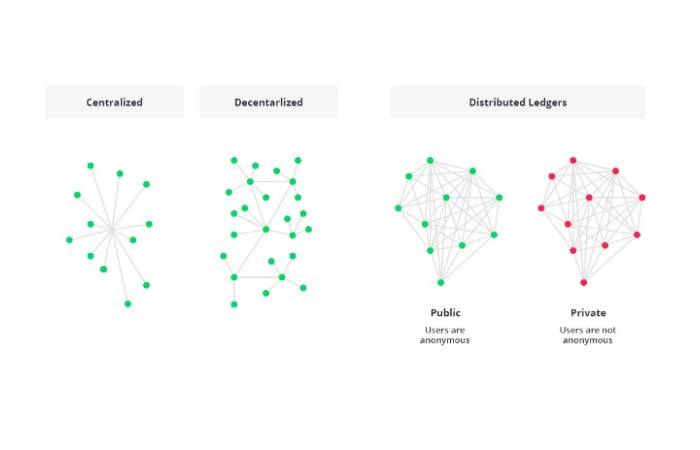
The blockchain is a chain of blocks carrying specific information (database), but securely and genuinely grouped in a network (peer-to-peer). In other words, blockchain is a mixture of computers linked to each other alternately of a central server, meaning that the whole system is decentralized.
To make it even easier, the blockchain concept can compared to working on the same Google Doc simultaneously.
Database vs. Blockchain System
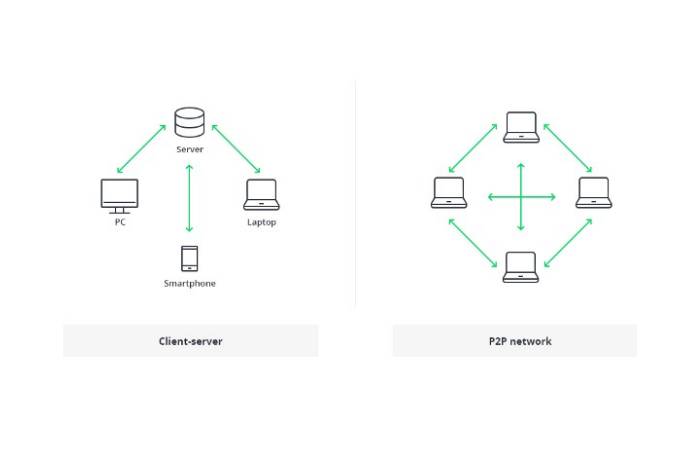
The classical architecture of the World Wide Web manages a client-server system. In this case, the server has all the essential information in one place so that it is simple to update and controlled by several administrators.
In the distributed blockchain network, Therefore, every member within the system maintains, approves, and updates new entries.
The structure of blockchain technology represented by a list of blocks with transactions in a particular order. Two vital data structures used in blockchain include:
- Pointers — variables that have information about the location of another variable
- Linked lists — a series of blocks where each block has specific data and links to the following block with the help of a pointer
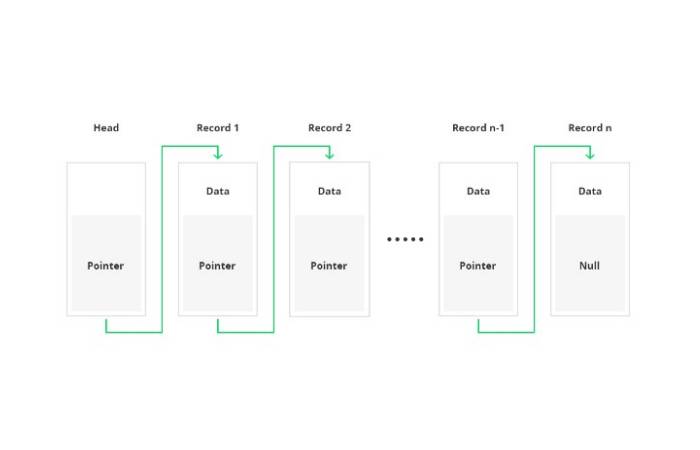
The following blockchain flow diagram is a connected list of records.

Blockchain can serve the following goals for organizations and enterprises:
- Cost reduction
- History of data
- Data validity & security
Types of Blockchain Explaine
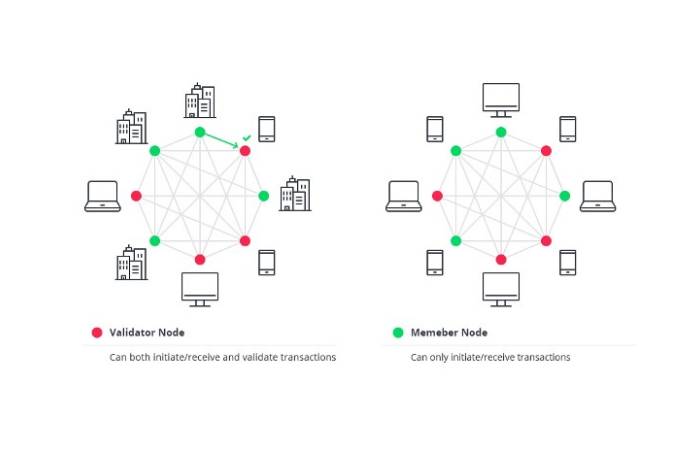
All blockchain structures fall into three categories:
- Public blockchain
- Private blockchain
- Consortium blockchain
The following table delivers a detailed comparison of these 3 blockchain systems.
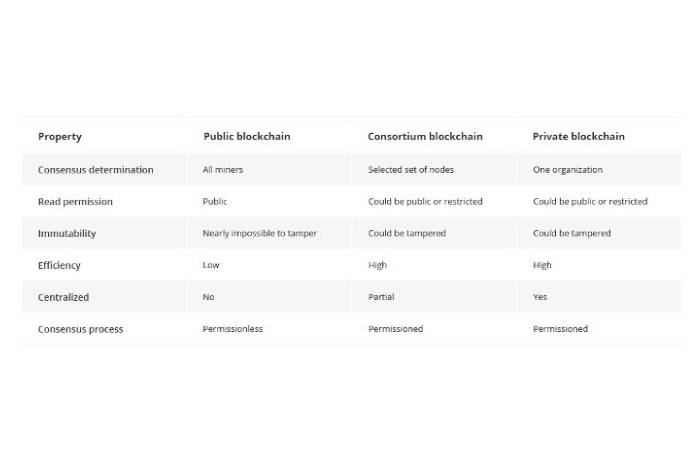
How Does It Work: Core Components of Blockchain
The core blockchain architecture components:
- Node — viewer or computer within the blockchain
- Transaction — the least building block of a blockchain system
- Block — a data structure utilized for keeping a collection of transactions which distributed to all nodes in the network
- Chain — a series of blocks in a specific order
- Miners — specific nodes which work the block verification process
- Consensus— a collection of rules and arrangements to carry out blockchain operations
The following is a blockchain diagram that displays how this works in the form of a digital wallet.
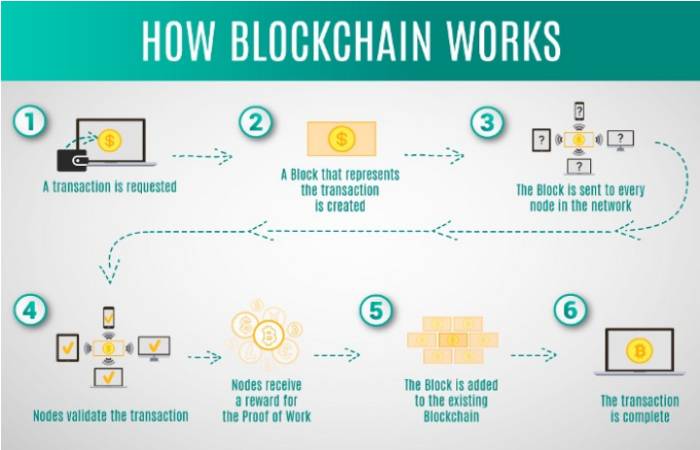
Let’s have a friendlier look at what is a block in a blockchain. Every blockchain block consists of:
- certain data
- the hash of the block
- the hash from the previous block
On the other hand, it could be feasible to adjust all the blocks with strong computer processors in code. However, there is a solution that rejects this possibility called proof-of-work. This enables a user to slow down the process of the creation of new blocks.
How to Make a Private Blockchain
A decentralized blockchain application produced just the same as any another standard software product. Functional specifications, UX/UI designs, and an architecture plan required for its development. However, It is important to identify the app’s functionality, user roles, and think over the system flow and the communication between users and information.
To build your blockchain, it is necessary to consider:
- Blockchain network — refers to the application’s support placed within a particular environment inside 1 or a few organizations.
- Blockchain code — relates to the tasks and goals this blockchain resolution developed to perform.
There are some open-source solutions used to build exceptional blockchain architecture. However, The most famous among them is Hyperledger by Linux Foundation. This project is also popularly used by IBM and other popular tech organizations. And also, Hyperledger Composer gives a set of tools for building a blockchain.
Unique, different solutions to build your blockchain are Ethereum and Corda.
Here is a high-level hyperledger architecture diagram to build a blockchain solution.
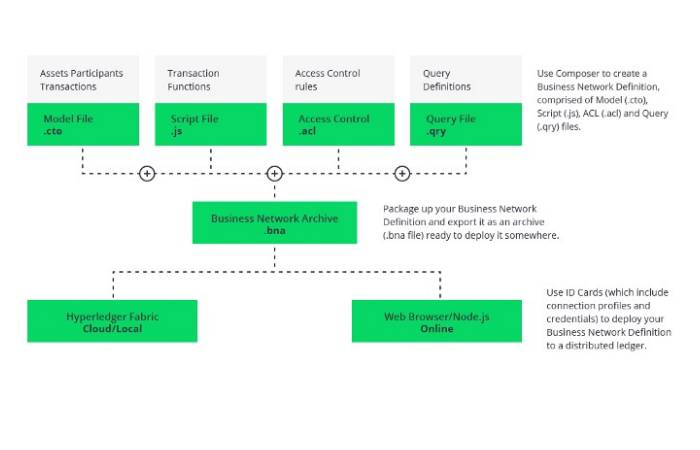
Key Characteristics of Blockchain
Blockchain maintains a lot of benefits for businesses. Here are some embedded characteristics:
- Cryptography
- Transparency
- Decentralization
- Anonymity
- Immutability
- Provenance
Create Your Blockchain!
Blockchain technology allows organizations & companies in the following ways:
- Possibility to perform transactions much more quickly and with trust
- Introduction of modern digital interaction
- cyber-attacks, Remove cheating, or other electronic crimes.
- Opportunity to keep detailed control over business processes and transactions without a central control point
- Cost reduction for businesses or cross-enterprise procedures while removing intermediaries, inefficiencies, and duplications
In case you have an exciting idea for using blockchain architecture, contact our team. However, We can help you implement a blockchain solution in the best manner.

